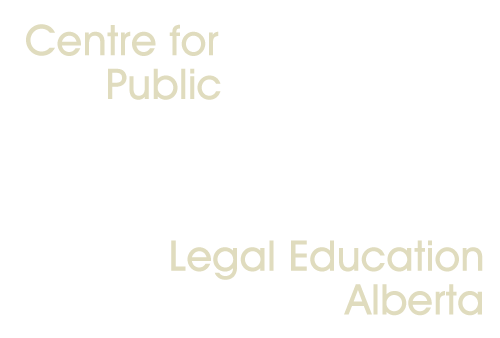The following page contains information for landlords and tenants in a wildfire situation. Events are rapidly changing so this resource may change as new issues develop.
Need to know
- Follow evacuation orders and advisories.
- For up to date information on wildfires, refer to the Government of Alberta’s wildfire emergency updates.
- In a wildfire situation, there may be frustration of a rental agreement. Frustration occurs when something happens that is out of the control of both parties, and makes continuing with the agreement impossible. Frustration can occur if:
- Unless there is frustration, tenants should keep paying rent. Tenants may suggest rent abatement (reduction) if they can’t live in the property.
- If a tenant chooses to treat a rental agreement as frustrated, they should let their landlord know in writing and follow notice rules for ending their tenancy.
Practical tips
- Whether you are a landlord or tenant, communicate with each other. Make sure you have current contact information for each other.
- Talk to your insurance company right away.
- Take pictures and videos when it is safe to return to the property.
- Gather any pictures or videos of the property taken prior to the fire.
- Get agreements in writing whenever possible.
- Know who to contact for more information about the law.
- Check with the government for information on financial assistance.
- Keep receipts of any expenses incurred while out of your home.
Should the tenant keep paying rent?
Yes, the tenant should keep paying rent, unless there is tenancy frustration (see “Can the tenant move out because of the fire?” question). If the tenant wants to move out, then it is important to know what kind of tenancy is in place.
- For a monthly periodic tenancy (which has no end date), the tenant must give written notice, one tenancy month in advance.
- For a fixed term tenancy (which has a set end date), the tenant must receive the landlord’s consent to end the tenancy early. Otherwise, the tenant risks paying damages for breaching the rental agreement.
The same rules apply whether there is a written or verbal lease agreement.
Can the tenant move out because of the fire?
Maybe. It depends on the amount of damage and what actions the landlord takes to repair the property. A rental agreement can be frustrated. This means something happens outside of the control of both parties, making the continuation of the agreement impossible. There are many reasons why frustration can occur with tenancy including:
- If the property is destroyed
- If there is an order under the Public Health Act that says the property is unfit for human habitation
- If the property is so damaged that a reasonable landlord would not fix the damage
- If the property is so damaged that a reasonable tenant would not be willing to remain living there
If a tenant chooses to treat a rental agreement as frustrated, this means that the tenant stops paying rent and moves out. The tenant should let the landlord know, in writing, that they intend to treat the residential tenancy agreement as frustrated.
The tenant should have as much proof of the condition of the property as they can, including photos and video, if feasible. If there is a dispute, the tenant needs to be able to prove that the property was in such a bad condition that no reasonable tenant would have been willing to live there. If the landlord thinks that the tenant moved out without having proper reason to do so, then the landlord can make an application in RTDRS or in Court against the tenant, or keep some or all of the security deposit, or both.
The tenant could also contact their local Environmental Public Health office to talk to a health inspector about the condition of the property, and to ask for an inspection of the property. If the inspector deems the property unfit for human habitation, then there is frustration of the rental agreement.
What if the tenant thinks the property isn’t safe or healthy?
The tenant should talk to the landlord and try to come to an arrangement regarding the concerns. If they can’t agree, then the tenant can call their local Environmental Public Health office to talk to a health inspector. The tenant could also contact their local municipal office, if there is a concern that the bylaw enforcement office can deal with.
Who pays for damaged stuff?
In most cases, the landlord or the landlord’s insurance, will pay for repairs to the property and structure. Tenants are usually responsible for replacing any of their damaged or destroyed goods. If a tenant has insurance, they should:
- read their insurance policies carefully to see if their insurance covers any of the damage to their personal property
- contact their insurance company right away
Tenants can also contact their municipality or the provincial government to see if there is any assistance available.
Can the landlord enter the property following a fire?
The landlord must provide at least 24-hour notice to enter a property to inspect it or make repairs. However, if the landlord wants to enter the property to inspect damage caused by fire, smoke, or water, the tenant should consider allowing the landlord to access the unit as soon as safely possible.
Can the landlord use the security deposit?
A security deposit does not cover the cost of repairs from a fire. It covers the cost of things that the tenant was responsible for paying (like unpaid rent, cleaning costs or fixing damage beyond normal wear and tear), when the tenant moves out. If a tenant damaged a wall but then smoke destroys the entire wall, the landlord can’t deduct a charge to repair the wall from the security deposit.
If there is a frustration of the lease agreement and the tenant moves out without providing proper notice or breaks a fixed term lease, then the landlord may be able to use the security deposit to cover unpaid rent during the notice period, or during some or all of the remainder of the fixed term. The tenant would have to make an application to get the security deposit back. The tenant may prove that the property was so damaged that no reasonable tenant would agree to live there. Then the tenant may get the security deposit back (unless there was rent owing before the fire).
What happens if the landlord was sharing living space with the tenant?
If a landlord and tenant were sharing living space, the Residential Tenancies Act (the RTA) does not apply. Rules under the RTA regarding ending a tenancy and frustration of a lease agreement will not apply. In this situation, a landlord and tenant should talk to each other as soon as possible to decide on next steps. Put any agreement in writing to prevent problems in the future.
Explore more
- Download PDF | Order Print
- FAQ – Can a tenant stop paying rent while waiting for repairs to be done?
- FAQ – Can the landlord or tenant ever “break the lease”?
- Notice to End a Periodic Tenancy
Helpful links
- Government of Alberta Evacuation Orders and Advisories
- Government of Alberta Wildfire Emergency Updates
- 211 Alberta’s list of resources for Alberta Wildfires 2023
- Insurance Bureau of Canada
- List of Environmental Public Health Offices
- Service Alberta
- Law Society of Alberta Lawyer Directory
Last updated: June 2023

